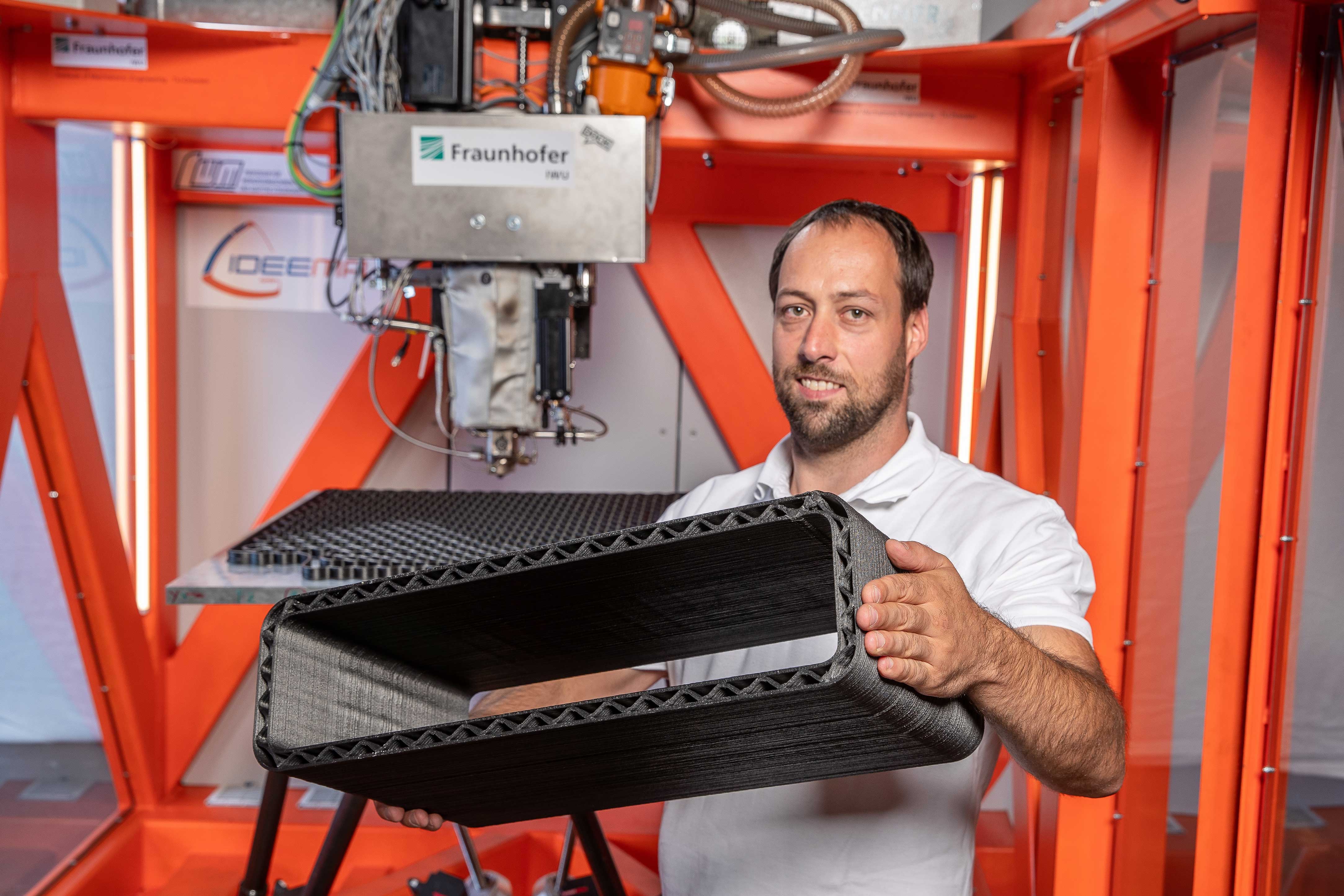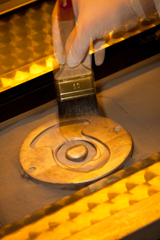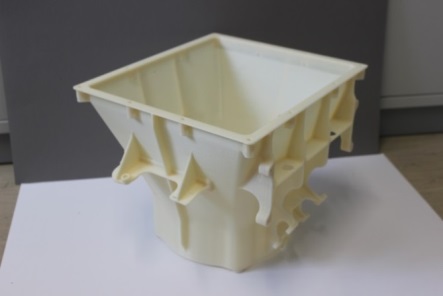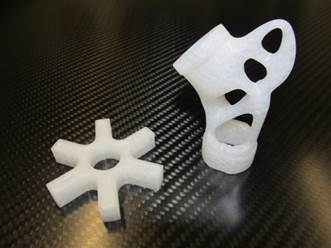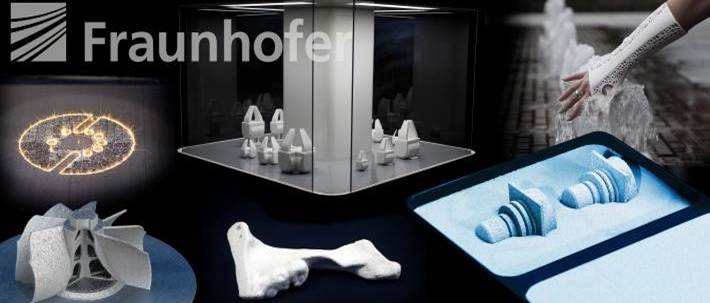Industrial 3D printing – from rapid prototyping to additive manufacturing
The core competences of our institute in machine tool development, forming and cutting technology, mechatronics, functional lightweight design and system technology are complemented and supported by additive manufacturing processes. Manufacturing of metal components by applying the process of laser beam melting enables the Fraunhofer IWU to show its industrial partners new paths of development and manufacturing of innovative components.
 Fraunhofer Institute for Machine Tools and Forming Technology
Fraunhofer Institute for Machine Tools and Forming Technology
